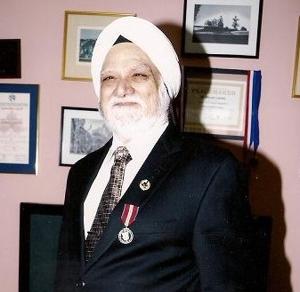The civic value of freedom of speech, enshrined in the First Amendment and woven throughout American culture, is often called the bedrock of liberty, the first principle on which all other political rights derive.
The free exercise of religion, a free press, the right to peaceably assemble and express grievances to the government and petition change – the basic right to speak up and speak out without the government interfering is, in theory, the cornerstone of American democracy.
But the nation has long struggled with it. In many ways, the country’s First Amendment ideals have been defined as much by the exceptions as the affirmations. Throughout American history, state and federal governments – as well as cultural practices – have deemed some public speech too dangerous.
Free speech is seen by many as the bedrock of American democracy. But in a time of polarization, right and left are challenging once-traditional ideals in different ways.
At this bitterly polarized moment, those lines are particularly fraught. People on both the political right and left have struggled to navigate ever-evolving interpretations that are sometimes unfamiliar, sometimes at odds with one another. But in general, both sides in their own ways have begun to emphasize why government authorities, private businesses, or college administrators should more tightly regulate, if not suppress, certain kinds of public speech.
The battle lines are asymmetrical, with Republicans aggressively using new state laws to curtail protests and courses of study. Liberals, meanwhile, have relied predominantly on societal pressure to cull speech they find offensive or hateful. The result is that the ideals of free speech are being simultaneously reshaped in profoundly different ways by both ends of the ideological spectrum, challenging notions of free speech that not long ago were widely considered bedrock.



Write a comment ...